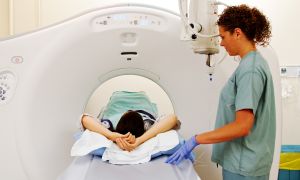Advertisement
A heart hospital is a hospital that specializes in the treatment of cardiovascular disease. The hospital may perform cardiovascular procedures exclusively or also provide emergency care and other services to patients.
Heart hospitals can treat cardiovascular disease anywhere along the spectrum of care - using treatments ranging from the less invasive (lifestyle changes, medication) to somewhat more invasive (balloon angioplasty, stenting) to most invasive (bypass surgery). Your cardiologist at a heart hospital will assess the level of severity of your cardiovascular disease and recommend appropriate life-saving treatments.
Heart hospitals can treat cardiovascular disease anywhere along the spectrum of care - using treatments ranging from the less invasive (lifestyle changes, medication) to somewhat more invasive (balloon angioplasty, stenting) to most invasive (bypass surgery). Your cardiologist at a heart hospital will assess the level of severity of your cardiovascular disease and recommend appropriate life-saving treatments.
Continue Learning about Healthcare Basics
Important: This content reflects information from various individuals and organizations and may offer alternative or opposing points of view. It should not be used for medical advice, diagnosis or treatment. As always, you should consult with your healthcare provider about your specific health needs.







